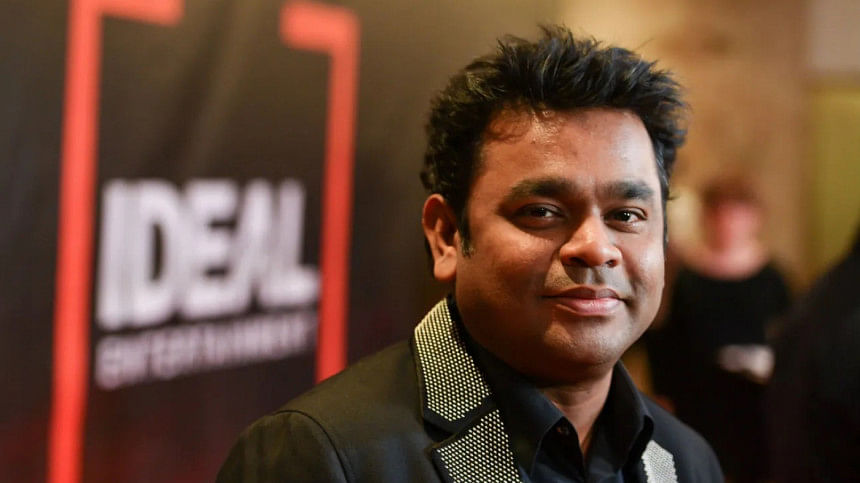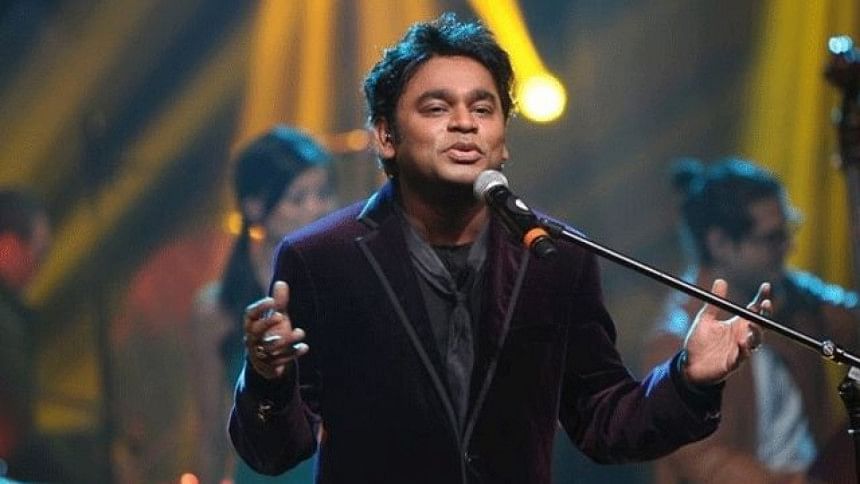AR Rahman defends decision to use AI in music, credits it as a 'tool to speed up things’

Renowned musician AR Rahman has sparked a conversation in the music industry after revealing his use of Artificial Intelligence (AI) in recreating the voices of two late singers, Bamba Bakya and Shahul Hameed, for the song "Thimiri Yezhuda" in Rajinikanth's "Lal Salaam". While the decision has drawn criticism, Rahman stands firm, defending the integration of AI as a means to enhance efficiency rather than replace human talent.

In an exclusive interview with India Today, Rahman articulated his stance, highlighting the potential of technology to uplift society. He emphasised the importance of leveraging AI "to our advantage," focusing on improving lives rather than displacing workers. Rahman expressed his belief that AI could break generational barriers, empower individuals, and expedite learning processes. "What required four to five years earlier is now a prompt away," Rahman stated, underlining the transformative impact of technology in education and skill development.
Acknowledging concerns about job displacement, Rahman urged caution in the use of AI to ensure it complements rather than replaces human creativity. "The best way we can use it to our advantage is not firing people but improving their lives and nurturing them," Rahman asserted, emphasising the responsibility of leaders and employers to preserve employment opportunities within the industry.
Earlier this year, the musician addressed ethical concerns surrounding the use of AI in music production, assuring that proper permissions were obtained from the families of Bakya and Hameed, with fair compensation provided for the utilisation of their voice algorithms. Bakya passed away in 2022 due to a cardiac arrest, and Hameed died in a car crash near Chennai in 1997.
Rahman's advocacy for the responsible integration of AI in music production reflects a broader conversation within the industry about the role of technology in creativity.

 For all latest news, follow The Daily Star's Google News channel.
For all latest news, follow The Daily Star's Google News channel. 









Comments